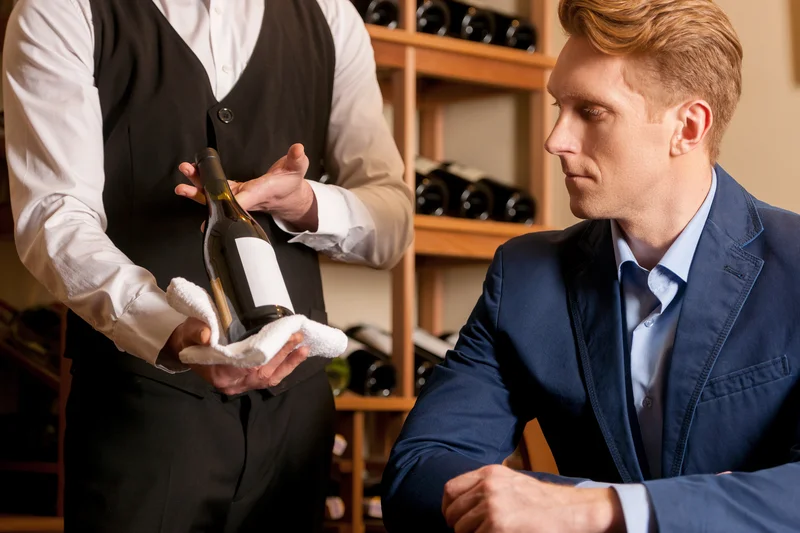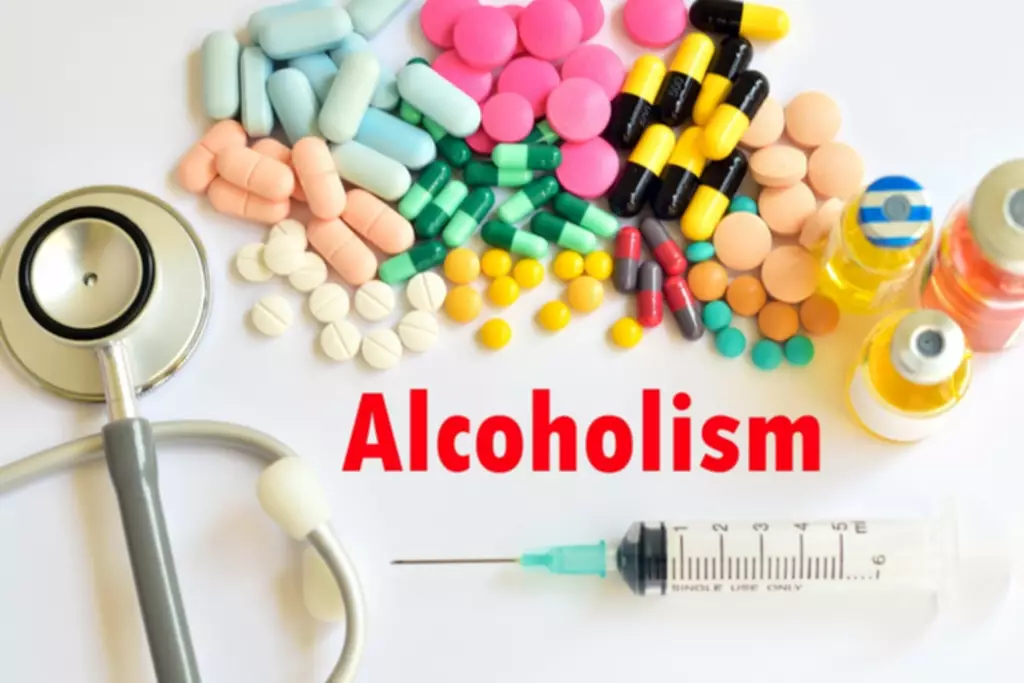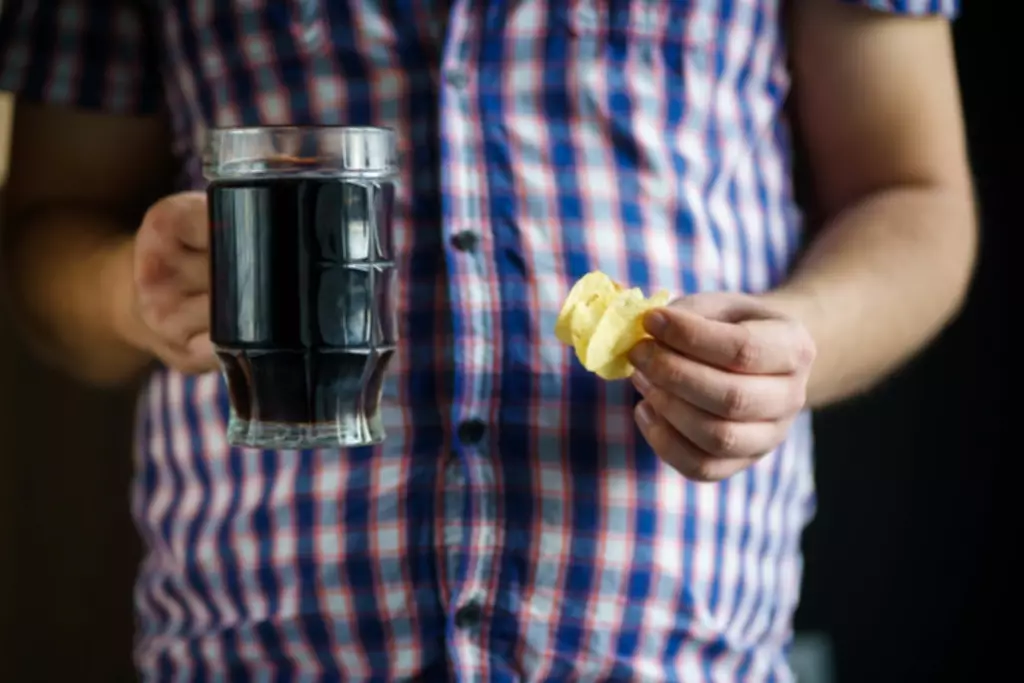
As a reminder, just because you experience a craving, it does not mean you’ve lost control or haven’t made meaningful progress. Breaking this loop can help a person overcome alcohol cravings and manage their alcohol intake. They can break this loop by avoiding triggers when possible, distracting themselves in the moment, and practicing relaxation techniques. One of the main ways a person can help control and prevent alcohol cravings is by understanding what triggers the cravings in the first place. The most commonly used treatment is substance use disorder therapy.
I Know You And I Know Why You Drink Too Much
- Fruits and vegetables provide essential vitamins and fiber, helping maintain stable blood sugar levels and supporting overall mental health.
- We also use different external services like Google Webfonts, Google Maps, and external Video providers.
- Sensory pleasures satisfy the same reward pathways without the toxic aftershock.
- Carefully expose yourself to these triggers while you’re with someone who’s supportive of you.
- Reallocating your “drinking budget” to these reinforcements is a wise investment in your future.
You’ll discover a renewed energy, waking up feeling refreshed and ready to tackle the day, rather than battling the familiar fogginess and headache of a hangover. Your immune system strengthens, your skin often clears, and your body begins a profound process of self-repair that alcohol continuously hindered. Engage with local support groups or online forums to share experiences and coping strategies, fostering a sense of community. Regular check-ins with supportive individuals can help track your progress and reinforce your commitment to sobriety. Practice mindfulness techniques like deep breathing or meditation to accept cravings as temporary experiences without acting on them. Utilize support networks, including friends, family, or support groups, for accountability and encouragement.
- In this blog, we’ll look at different ways of coping with cravings for alcohol and what can be done to stop them.
- Managing an alcohol craving is all about allowing the craving to pass in its own time.
- Changing it back to not relying on alcohol is not always easy, especially if you’ve developed an addiction.
- There are several prescription medications that are shown to reduce alcohol cravings, helping people reduce or quit drinking.
- Relying on willpower alone to overcome addiction is like trying to hold your breath underwater indefinitely; eventually, you need to breathe.
What Exactly Are Alcohol Cravings?
Eventually, the sight of a local bar might result in your brain releasing neurotransmitters like it would if you were drinking alcohol. When you do not satisfy those responses, you may experience unpleasant effects. Some people in recovery from alcoholism experience intense cravings for a few weeks and then never again. Others may experience no cravings for a short period of time and then have intense cravings months or years later. However, there is scientific evidence to show that it’s possible for cravings to resurface even years after someone stopped drinking.
Final Thoughts from Mountain Valley Recovery
You may feel an uncomfortable pull in two directions or sense a loss of control. Want more information on supporting yourself during alcohol withdrawal? We’ll help you choose effective options for easing the effects of withdrawal.

Cravings are a natural part of recovery, and don’t have to manage them alone. The two main causes of alcohol cravings can be explained by the incentive and tolerance models. In other words, wanting to feel good, and wanting to Drug rehabilitation avoid negative consequences.
- Here are a few nutrition-related changes that can keep pesky cravings at bay.
- For that reason, it’s important to keep your tools fresh in your mind, and continue to engage in your sobriety or moderation toolkit as long as it’s serving you.
- Some methods are more helpful early on in your efforts to change your drinking, whether it be to cut back or to stop drinking entirely.
- A great way to track and recognize potential cravings is to keep a journal, noting each time a craving occurs.
Acamprosate is believed to work by restoring balance to certain neurotransmitters in the brain that are disrupted by long-term alcohol overuse. If certain environments, scenarios and places tempt you to drink, the simplest and most effective approach may be to how to stop cravings for alcohol avoid them, at least temporarily. At the end of the day, just remember you don’t have to run the course alone — connecting with a therapist or joining a recovery program can make all the difference. Understanding the three distinct components of your habit loop can help you come up with more specific strategies to overcome cravings when they pop up. Of course, addressing your triggers at the source can also go a long way toward helping you make lasting changes.

Cravings may still arise—but with the right tools, they don’t have to control your life. Disulfiram discourages drinking by causing severe physical reactions—like nausea, vomiting, and rapid heartbeat—if alcohol is consumed. Craig’s ‘Stop Drinking Expert’ program offers an alternative to embarrassing twelve-step group meetings, expensive inpatient treatment centers, and ineffective willpower. Surround yourself with friends, family, and peers who understand your challenges and can provide emotional support and accountability. Having the backing of loved ones can foster motivation, resilience, and a commitment to recovery. It can reshape an individual’s environment into a supportive and proactive system, reducing the opportunities for relapse.

How to Stop Alcohol Cravings: Tips and Treatment Options
Inpatient rehab offers 24/7 care, structured therapy, and a supportive environment, helping individuals build resilience and strategies for lasting recovery and wellness. Discover how Medicare supports inpatient rehab, covering up to 90 days based on medical needs, progress, and post-rehab care options to ensure recovery success. Discover the duration and benefits of inpatient rehab physical therapy.

Alcohol cravings are a strong and sometimes overwhelming urge to drink. When experiencing cravings, focusing on other tasks or anything else around you can be hard. It’s especially challenging if you don’t have anyone to turn to for support. If your cravings are frequent, intense or hard to control, you should seek professional help. You’ll receive guidance, strategies and a treatment plan to help you manage cravings effectively. However, if your cravings are frequent, intense or uncontrollable, they might indicate alcohol addiction.
Leave a Reply